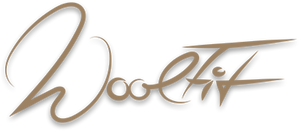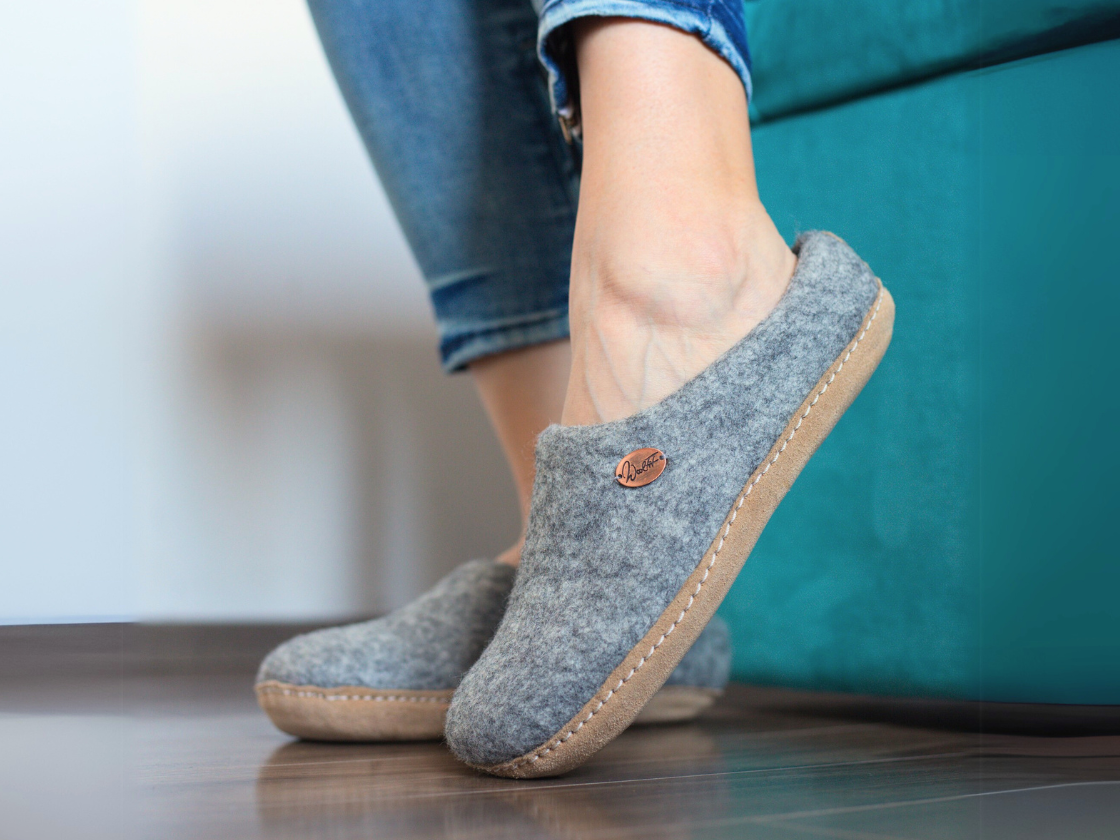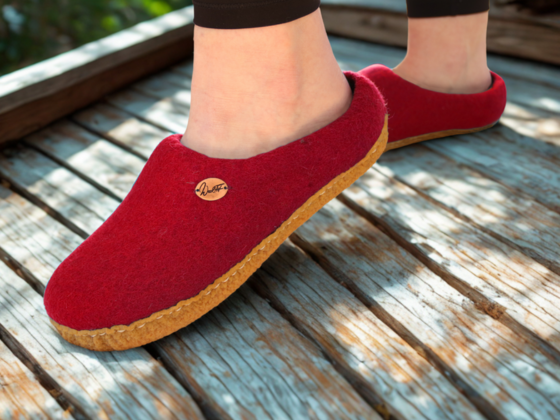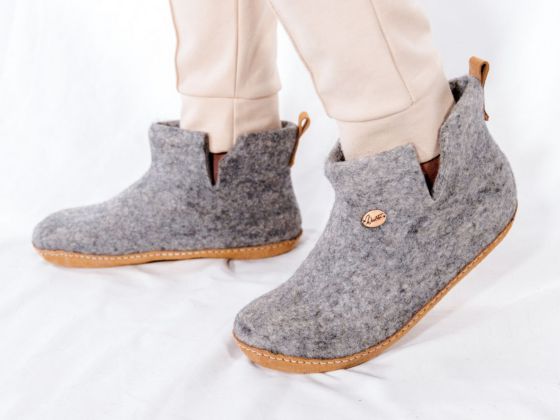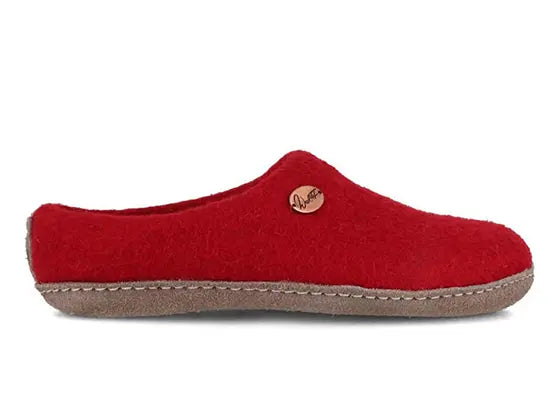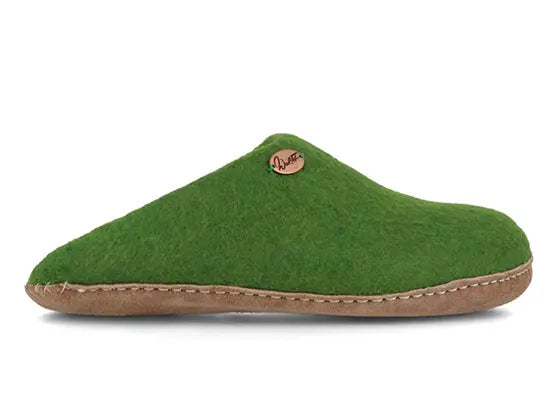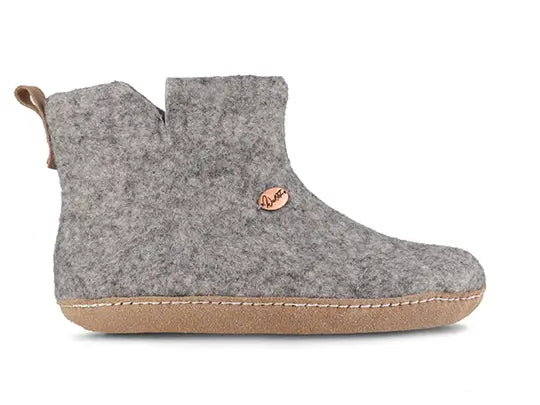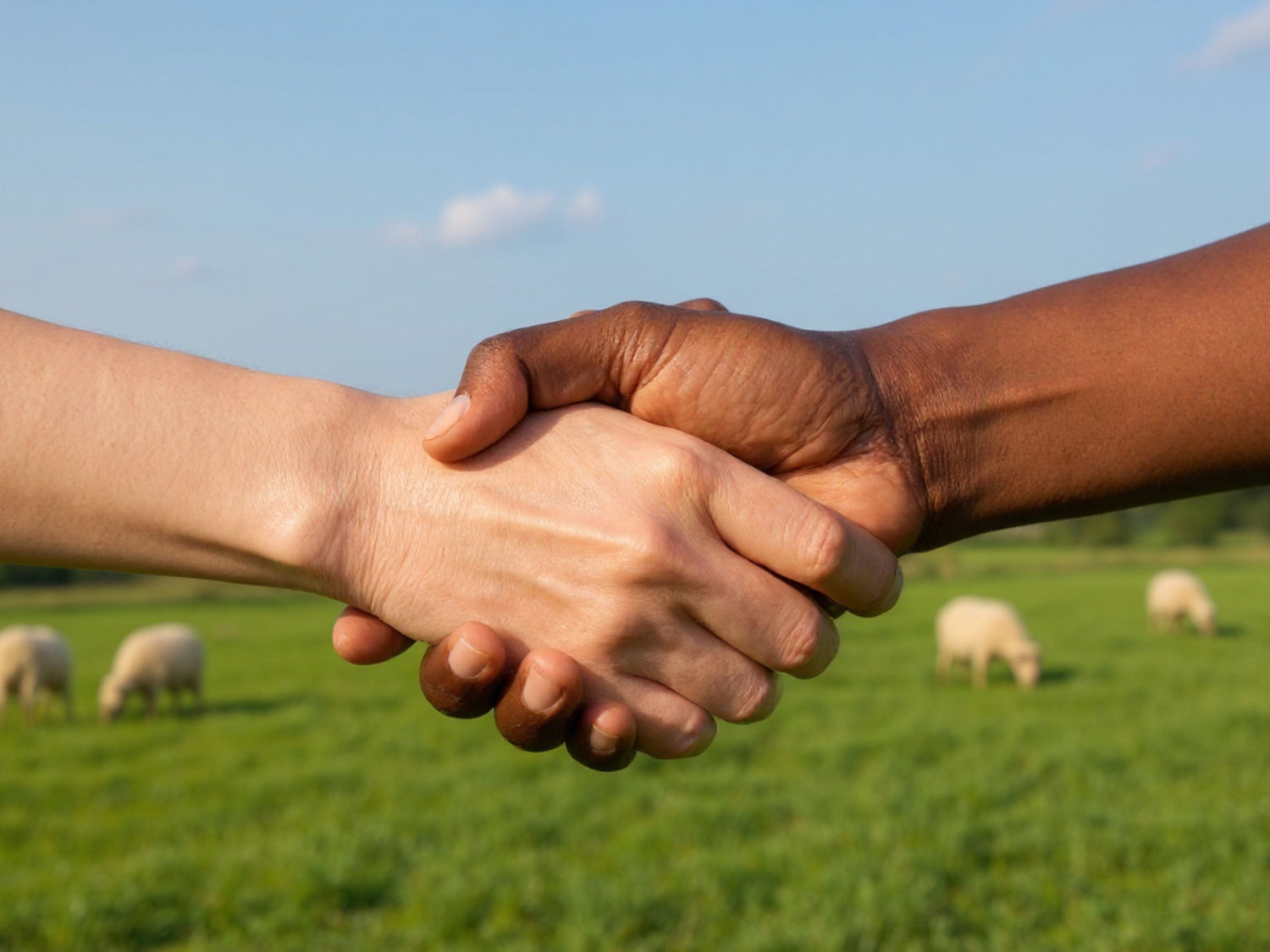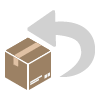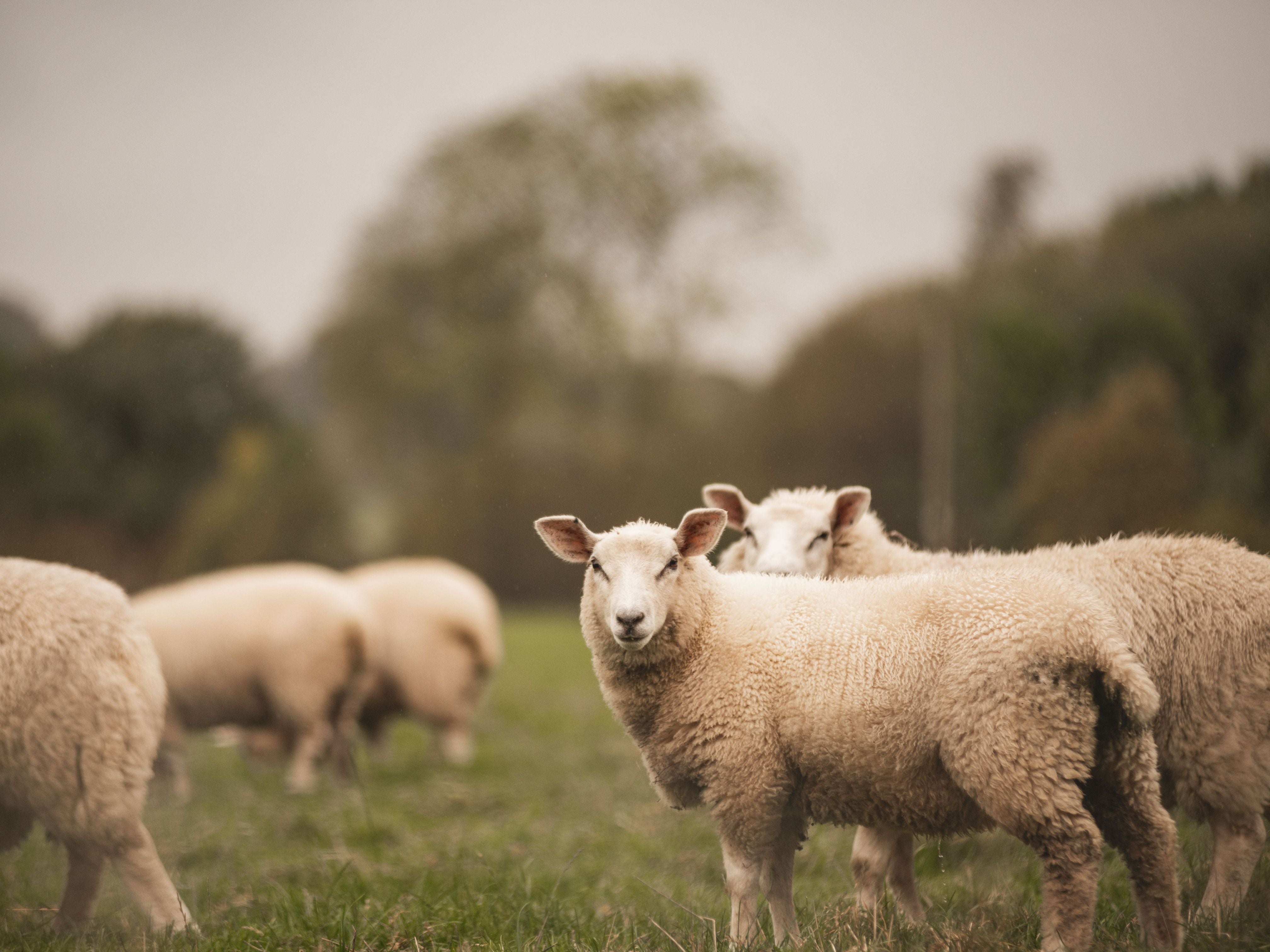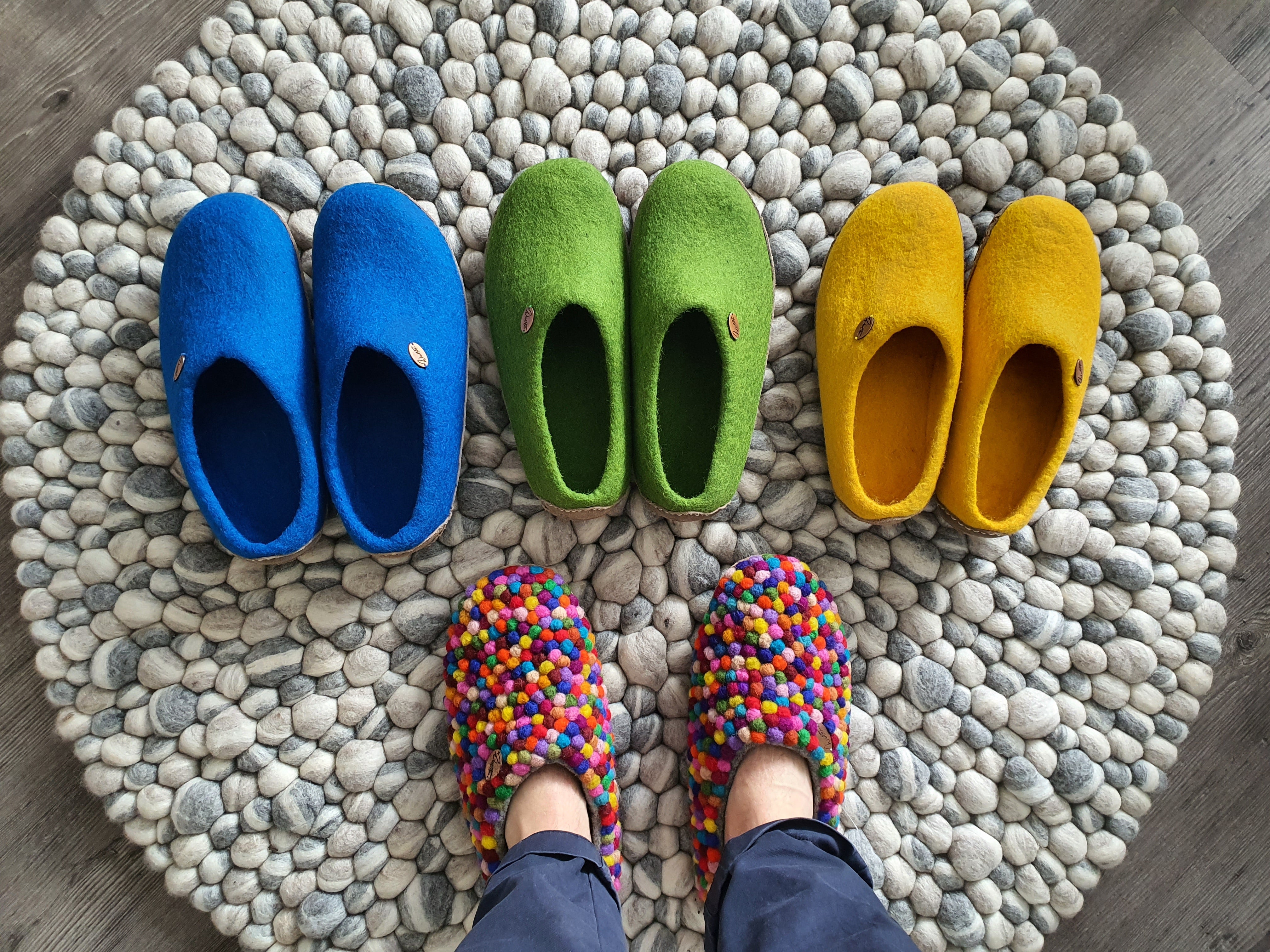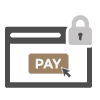An insight into the Fairtrade world from the perspective of the producers (reading time 5 minutes)
From the banana to the felt slipper:
When it comes to fair trade, the image of the banana comes to mind. Those who grow and pick the banana earn only a fraction of the proceeds. Fairtrade aims to change this image so that farmers earn more.
We all know Max Havelaar's Fairtrade logo. This serves as a sign that the producers and especially the workers were paid fairly, but also, for example, that the goods were pre-financed by the buyer.
In the meantime, you can find more and more "Fairtrade seals" in retail. In a supermarket you will often find over 30 different seals, which limits transparency and credibility.
Some manufacturers also use tricks. For example, some products do not explain exactly which part of a product was produced fairly. Another trick is to increase the percentage of "fair" ingredients by subtracting out the water content. The credibility is of course "fair watered".
Another example is fair trade coffee: Let's imagine a certified fair trade coffee farmer selling 50% of his coffee beans to a fair trade supplier and 50% to the free market. The free market only pays him a good price for the best quality, giving his good beans to the common buyer. He gives the rest to the fair trade trader, who takes it anyway. As a result, despite the higher price, you unfortunately get the coffee of poorer quality.
The statement here should not be that fair trade is useless, but one should always question things or understand them better and not just be blindly guided by seals in the purchase decision. Since this works so well, manufacturers like to use such seals or make one up themselves.
When I was developing my WoolFit slipper brand, I also really wanted to be Fairtrade certified, since I was striving for fair wages for the workers anyway. So why not get a seal for it directly? The reason why I finally decided against it is that such a certification is quite expensive and the workers get nothing from it.
Here is a picture of our felters in Nepal. A felter manages just two pairs a day. A strenuous manual work that must be paid fairly!
In addition, there is a lot of cheating in Nepal. Certified fair trade companies simply buy the felt products from other manufacturers and sell them to the fair trade traders.
By working together with the productions according to the principle of direct trade, 100% of the wages actually go to the workers.
Conclusion
Consumer awareness of where products come from and how they are produced is steadily increasing. Fairtrade seals offer the opportunity to show the consumer directly that certain social standards were observed during production. However, one should not blindly trust these seals. For more transparency, it would therefore be important to have uniform standards.
An expanded form of fair trade is direct trade, where all middlemen are eliminated and the money goes directly to the producer or the workers. A trusting relationship between all parties involved is important for this.
I hope this little insight into the world of fair trade was interesting for you. More and more people are interested in this topic and attach more importance to the origin of products. I think this also increases the appreciation that one has for a product. Because if you've felted a pair of slippers yourself, you know what kind of work is involved, and it's the same with bananas, coffee, t-shirts and the like.
With that I say goodbye!

